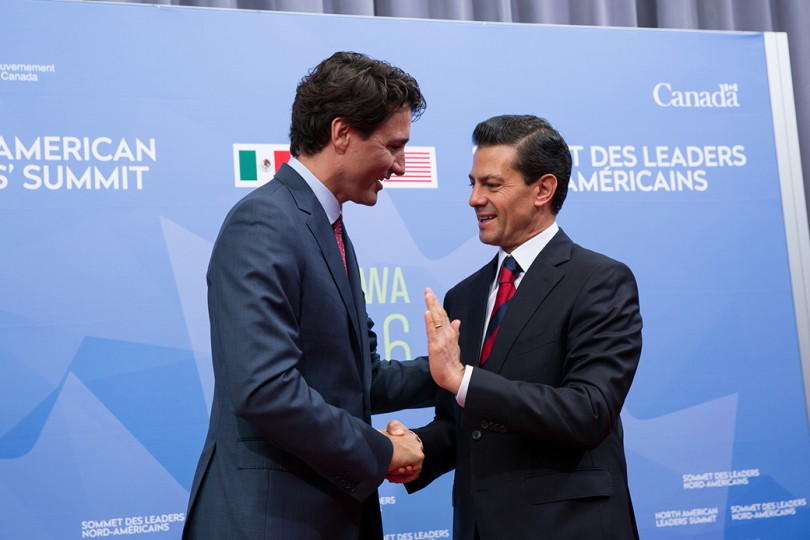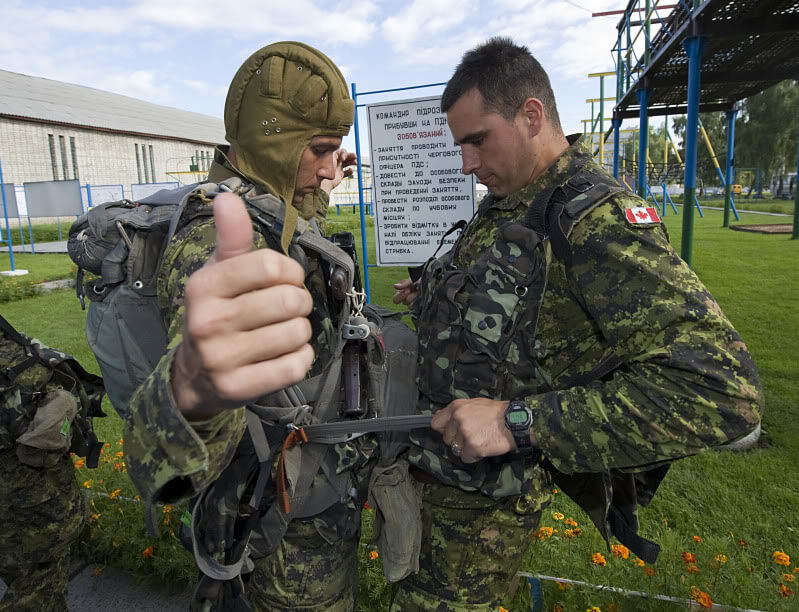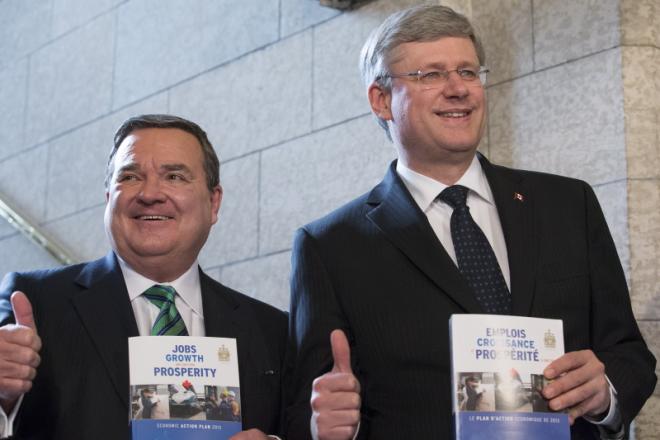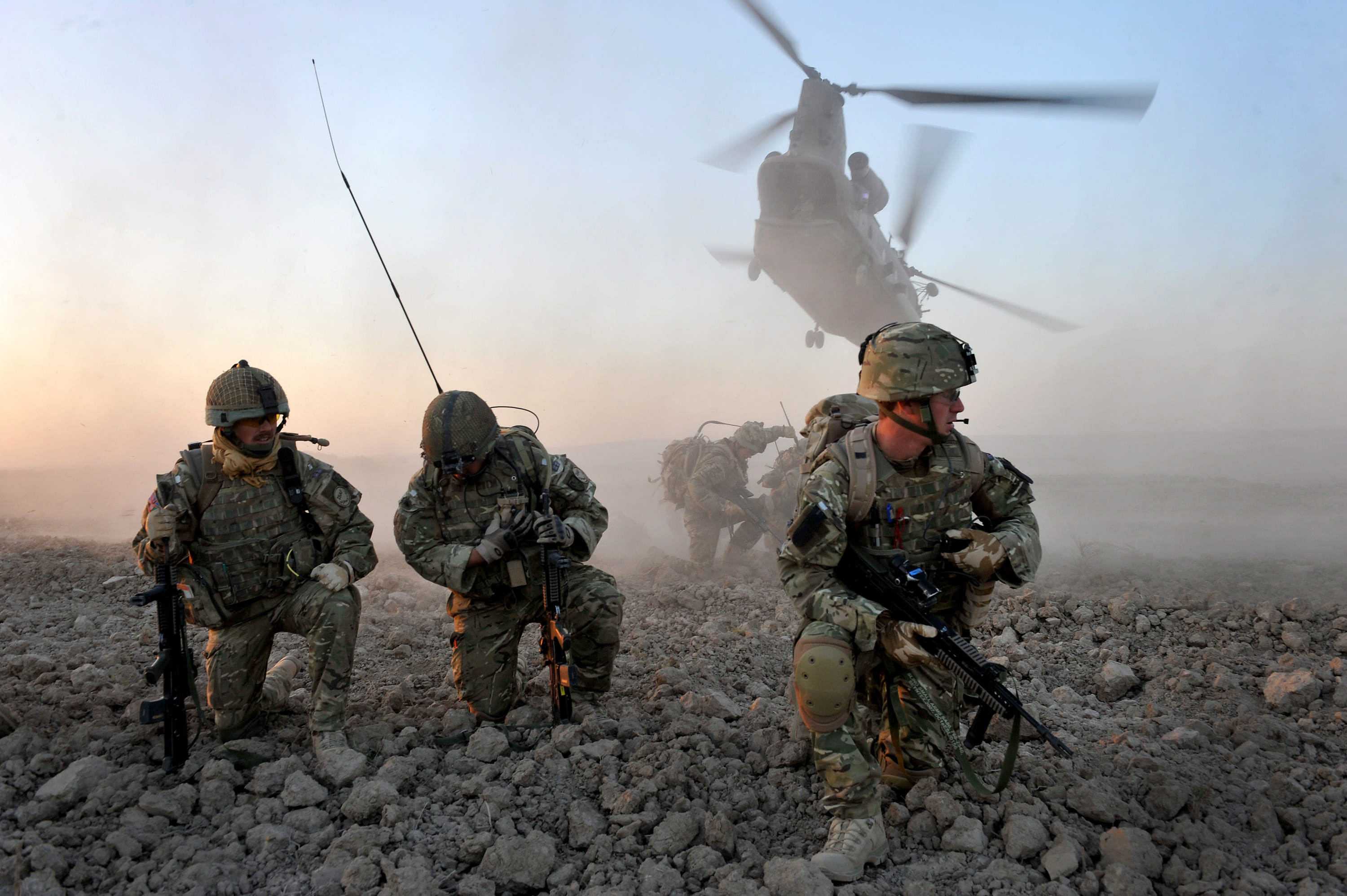After decades of violent conflict, and years of negotiations, the government of Colombia and the Revolutionary Armed Forces of Colombia (Fuerzas Armadas Revolucionarias de Colombia) or FARC, have reached a ceasefire agreement. The accord was preceded by a joint appeal to the UN for political observers to monitor the disarmament and demobilization of the FARC.
According to Canada, which has named Colombia as a country of focus for 2016, the peace agreements are a ‘historic step’. Were our own nation to become involved in the peacekeeping mission, it would be a historic step for Canada, as it could signal Canada’s re-entry in to international peacekeeping leadership. The question is if Canada is truly prepared to take on this role.
Columbia’s peace plan
A June accord closed a comprehensive negotiating agenda between the Government and the FARC. The agreement also created a timetable for the disarmament process, meaning that a final peace arrangement is forthcoming.
In January 2016, the UN Security Council unanimously adopted a resolution to create a 12-month political mission, where observers will “monitor and verify the definitive bilateral ceasefire and cessation of hostilities, and the laying down of arms”. The mission will commence once the two parties reach a final agreement.
Federal sources from Canada have indicated that defence planners have been examining options for peacekeeping missions in Colombia since the UN approved the request for an observer delegation.
Canada’s defence priorities
Peacekeeping was a topic of interest at the recent North American Leaders summit, where Mexico and Canada discussed possible participation in the Colombia mission. A successful mission and training partnership with Mexico could also pave the way for further peacekeeping operations in Latin America, where countries wrought with gang and drug related violence could be the recipients for future UN operations.
Prime Minister Trudeau announced that a renewed commitment to peacekeeping is part of the plan to secure a seat as a temporary member of the UN Security Council. Focus on peacekeeping has been a cornerstone of the government’s foreign policy, participating in a UN mission to Colombia would validate this commitment.
However, doubts have been cast over Canada’s readiness to participate in peace operations. There has been a significant decline in peacekeeping missions in the past decade, and greater focus on military and counter-insurgency operations. A report prepared by A. Walter Dorn and Joshua Libben for the Canadian Centre for Policy Alternatives shows that the CAF has decreased training in peacekeeping activities by over 75% in the past ten years. The recent closure of the Pearson centre, a peacekeeping research and training facility, is also another indication that Canada has fallen behind in its preparedness to re-emerge as a leader in peace operations.
While peacekeeping activity has declined, overall defence investment has suffered as well. Defence spending has recently decreased to 0.98% GDP, a point of criticism for Canada’s NATO allies. In light of pressure to increase commitments to NATO objectives, Canada has recently announced commitment to lead a battalion in Latvia. A split focus between defence priorities may be an additional hurdle in Canada’s intended return to peacekeeping.
Preparations for peacekeeping are necessary
A decreased capacity for peacekeeping missions, and external pressure to increase contributions to international military operations means that Canada may find it difficult to fulfill its peacekeeping aspirations. Even so, Canada is still well positioned to participate in the UN mission. Canada has a strong relationship with Colombia, including a free trade agreement. Strengthened diplomatic relationships with Mexico, and mutual interest in peacekeeping training could facilitate the operation, and open the door for future successful engagements in Latin America.
Colombia presents an opportunity for Canada to complete valuable work in international peace and security. Canada possesses the motivation and support, but the CAF must overcome its preparedness deficit if it is to truly contribute to global peacekeeping.
Photo: Prime Minister Justin Trudeau meets with the President of Mexico for the North American Leaders’ Summit in Ottawa (2016), by Adam Scotti via Government of Canada. Public Domain.
Disclaimer: Any views or opinions expressed in articles are solely those of the authors and do not necessarily represent the views of the NATO Association of Canada.




